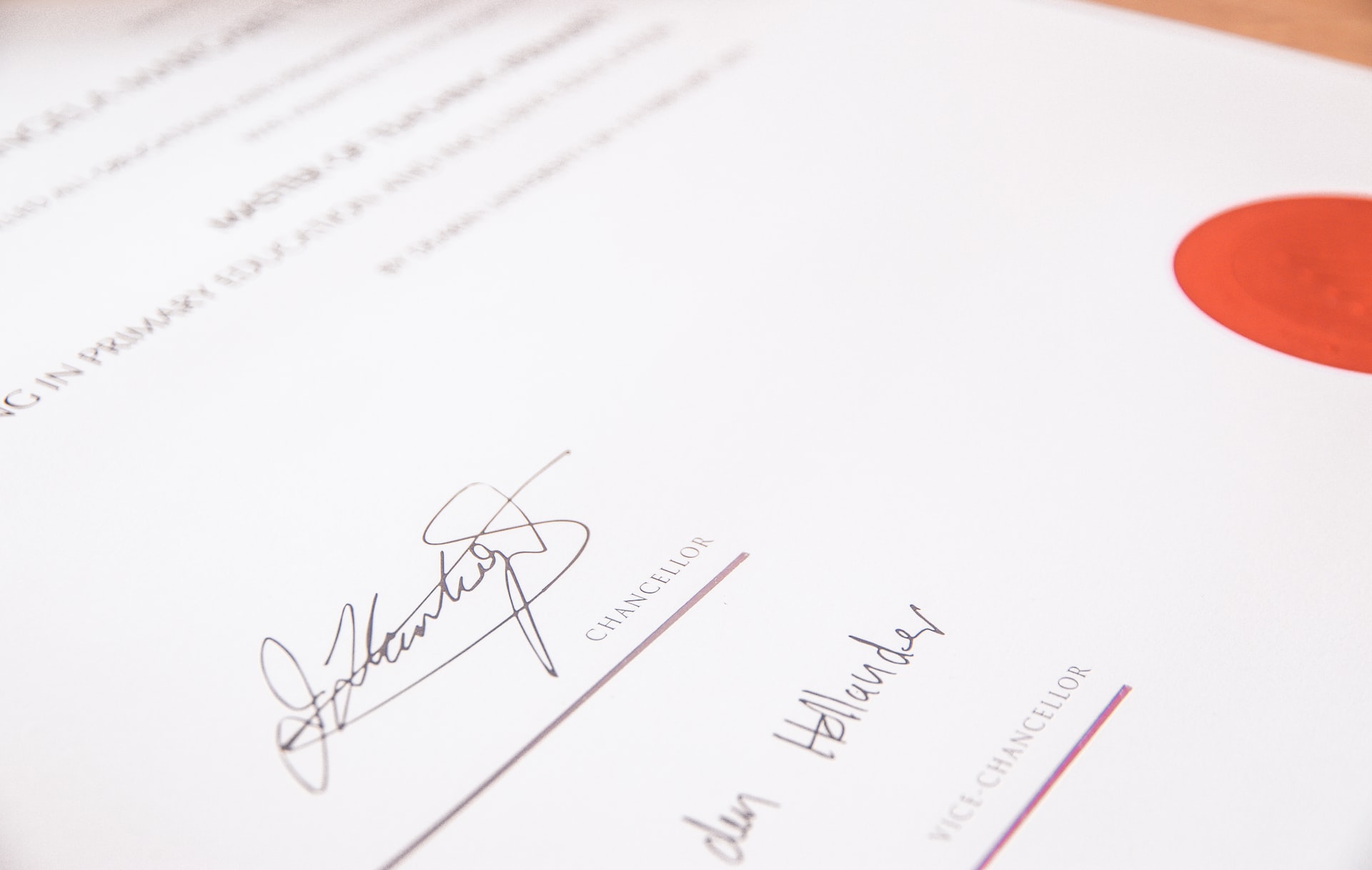Exploring the Historical Significance of Birth Certificate Vital Records
Vital records, like birth certificates, marriage certificates and death certificates, are among family research’s most common historical records. They provide valuable insights into a person’s life. They are also a key source for establishing relationships and determining ancestry. But they should be approached with a healthy dose of skepticism.
Origins
Keeping track of the vital events in the lives of your family members is an important task, especially when it comes to births, deaths and marriages. This information is essential for various purposes, including verifying age, schooling, marriage licensing, military service, social security, voting, jury duty and eligibility for public office. The practice of recording birth, death and marriage data developed slowly over the centuries. Early records were sometimes recorded in brief entries in register books until the twentieth century when it became common to create certificates. In the United States, records began to be compiled on a state level in the early 1800s. The process was less coordinated and varied from state to state. However, the most efficient way to record births was to use a standardized, three-digit number to identify where the person was born, and the year they were born. This was a technological feat that wasn’t matched by any other country in history, and it was one of the reasons that the United States was the first nation to introduce a national birth registration system.
Purpose
Birth certificate vital records are essential to any individual’s life, as they help establish a person’s identity. They are also important for obtaining legal rights, such as citizenship. These documents aim to prove the truthfulness of a person’s date and place of birth. In most nations, the health professional who aids in a birth must register the information in an official government record. The official birth record contains essential information about a person’s identity. It can determine whether the individual is eligible to drive, serve in the military, or vote or marry in their nation of origin. In countries such as the United States, birth certificates are often required by law for establishing legal identity and acquiring other forms of legal status. A birth certificate can be obtained through the relevant state or provincial vital records office. There are a few different types of birth certificates, each with its purpose. Some are used for sentimental reasons, while others are more formal and provide detailed information about the child. These documents may contain the child’s full name, sex, date of birth, place of birth, and the parent’s name. Additional details may include other children’s names, the parents’ city and country of residence, and marital status.
Types
Before the government began recording vital records, information on births, marriages, and deaths was recorded by local churches. These documents are still available but can be difficult to locate. The term “vital record” refers to official documents or registers of birth, death, marriage, and adoption that a government agency keeps. These are typically located at the state, county, city, or town levels. A certificate of birth is the most commonly known document that records the date and place of a person’s birth. It is an important document that can be used to identify a person and apply for various benefits, such as social security, Medicare, and insurance. It is also useful for detecting outbreaks of infectious diseases that might lead to miscarriages or premature delivery. It should include the child’s name, date and place of birth, sex, parent’s names, and any relevant medical conditions or other information. Many birth certificates include Long Form Birth Certificates, Short Form Birth Certificates, and Heirloom Birth Certificates. Heirloom birth certificates often have a gold embossed seal printed on heirloom-quality paper. They are popular items that people keep in their bedrooms or their newborns’ cribs to celebrate a special event.
Accessibility
Birth records are essential documents that are used for a wide variety of purposes. They can be important for tax, vital statistics, census, and military purposes. In the United States, birth certificates are crucial paperwork that can help you prove your age, identity, and citizenship. In the US, a freedom of information act gives residents the right to request and obtain records from federal, state and local government agencies. These agencies include health departments, vital record offices and clerks responsible for recording, maintaining and disseminating birth records to the public. Access to state-level vital records is usually free, though some may have restrictions. You can find out whether the records you are interested in are available by visiting the website for the state where the individual was born. You can also visit the vital records office in person if willing to pay a fee. You should be prepared to provide your full name, date of birth, place of birth and parent’s names, and other relevant details. You can request an authorized or informational certified copy of a birth record from the California Department of Public Health. An authorized certified copy establishes the registrant’s identity. It is required for many applications, including driver’s licenses, passports, social security cards, and other services related to an individual’s identity.

